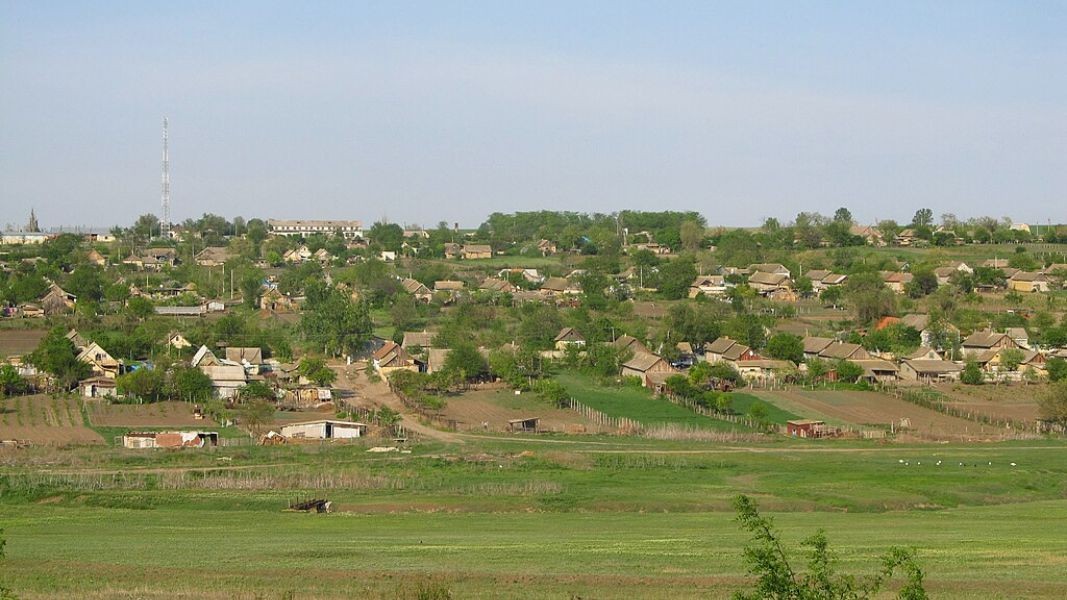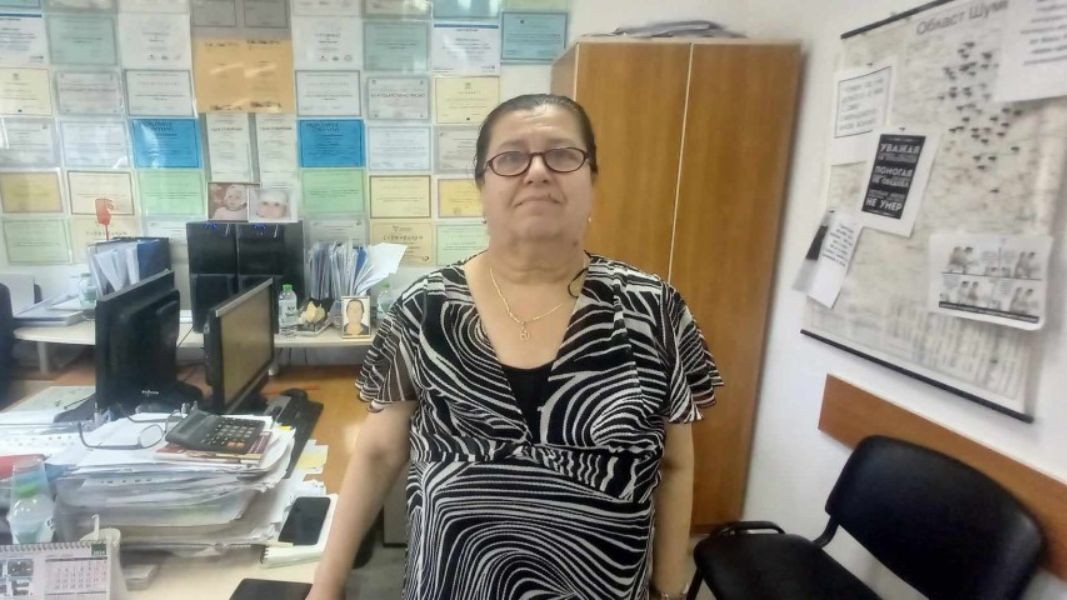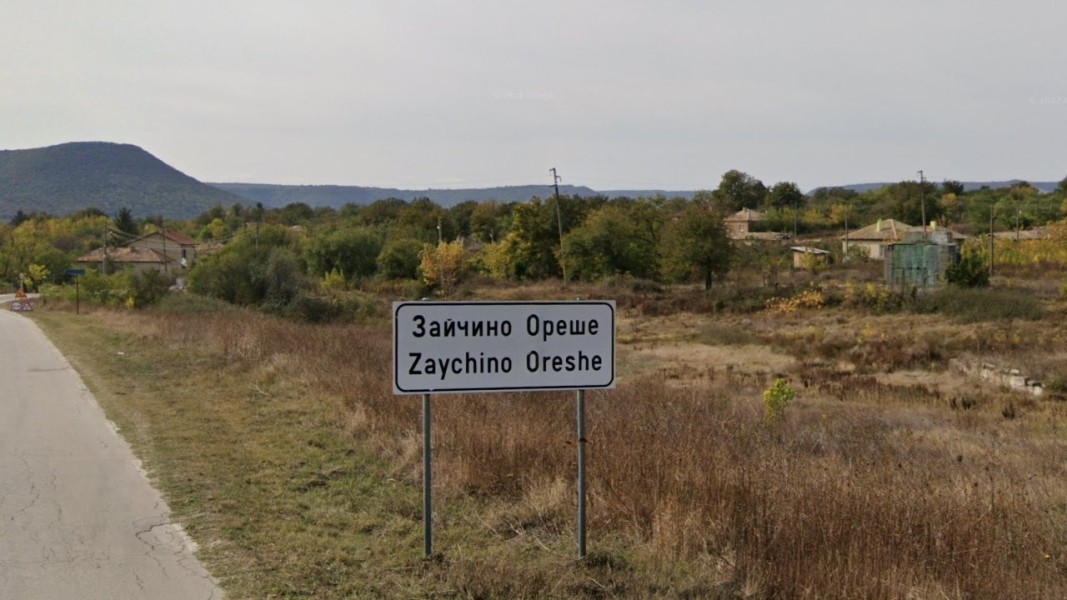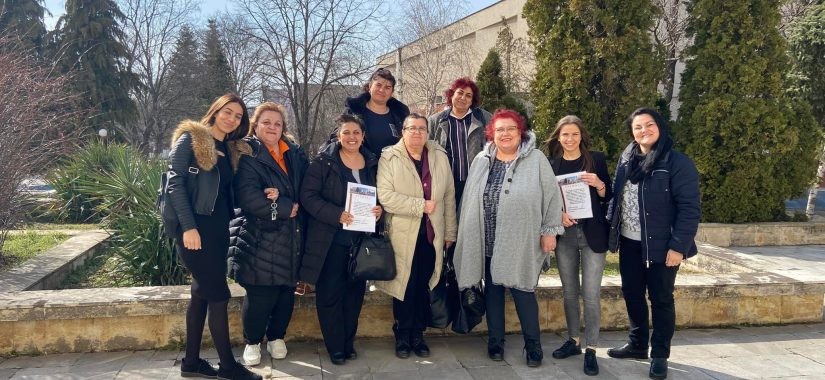



One of the most prominent, gifted and active Bulgarian artists with the name Georgi is the conductor, composer and virtuoso gudulka player Georgi Andreev. Since 2000, he has been the chief conductor of the orchestra at the National Folklore..
"The End of the River" is not just any film - it is a film that seeks to find the universal aspects of human experience across borders, while also serving as an expression of cultural dialogue between Bulgaria and Ukraine. Created through the..
Ivan Stoyanov is a Bessarabian Bulgarian from Moldova. Our team met him in the Bulgarian church of Sophronius of Vratsa, where we were working on another episode of the Bridge of Faith podcast, dedicated to the Bulgarian Orthodox community in Lyon,..

+359 2 9336 661
